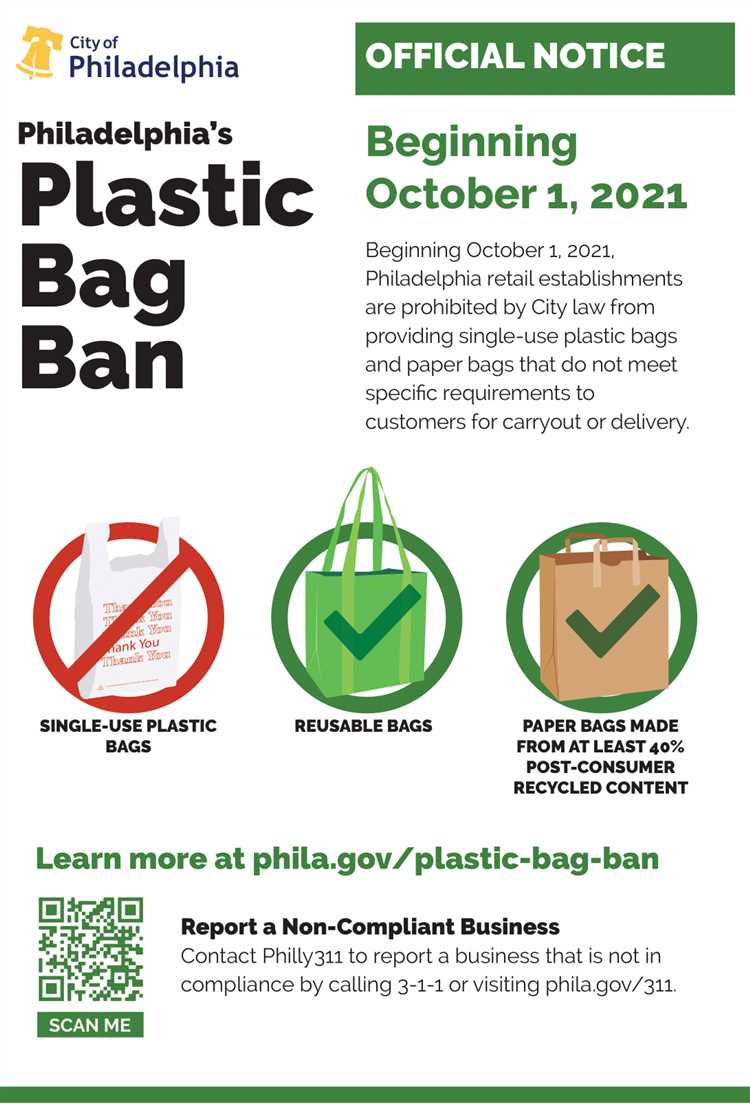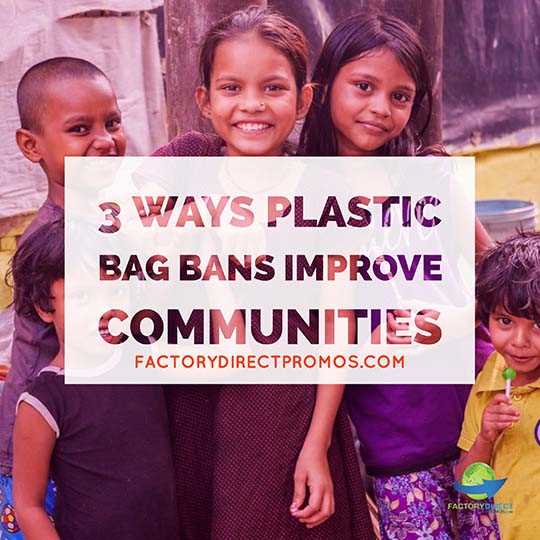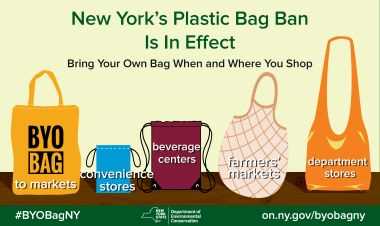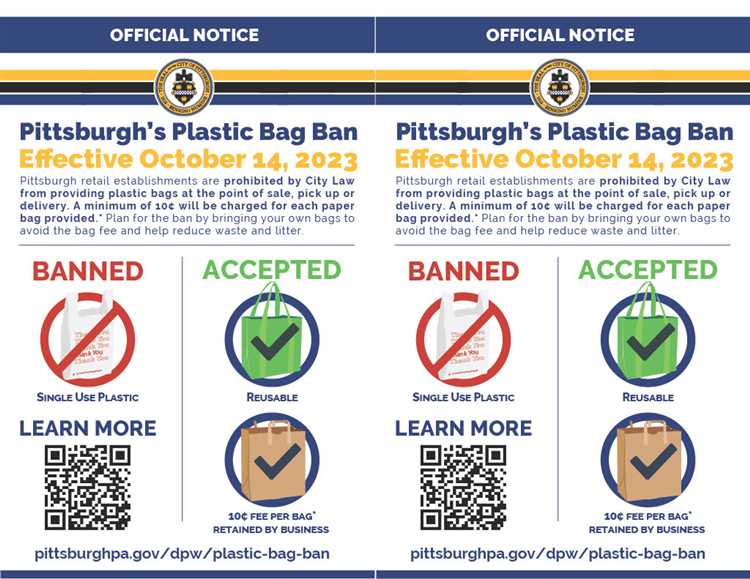Plastic bag bans have become a major topic of discussion in communities around the world. With the harmful effects of plastic pollution becoming increasingly evident, many cities and towns have taken action to reduce the use of single-use plastic bags. These bans have proven to have numerous benefits for communities, both environmentally and economically. In this article, we will explore five key advantages of implementing plastic bag bans.
First and foremost, plastic bag bans help reduce the amount of plastic waste that ends up in landfills and oceans. Plastic bags are notorious for their long lifespan, taking hundreds of years to decompose. By eliminating plastic bags from circulation, communities can significantly decrease the amount of plastic waste they produce, reducing the strain on landfills and the risk of marine pollution.
Additionally, plastic bag bans encourage the use of reusable bags. With the removal of single-use plastic bags, individuals are prompted to bring their own bags when shopping. This shift towards reusable bags not only reduces plastic waste, but also promotes sustainable habits and behaviors. By using reusable bags, communities can make a long-lasting positive impact on the environment.
Furthermore, plastic bag bans can lead to cost savings for both businesses and consumers. Single-use plastic bags are often provided free of charge by retailers, but they come with hidden costs. These costs include the production and disposal of the bags, which are ultimately passed on to consumers in the form of higher prices. By eliminating plastic bags, communities can alleviate these hidden costs and potentially see a decrease in the cost of goods.
Another advantage of plastic bag bans is the boost they give to local businesses. By encouraging the use of reusable bags, communities can support local businesses that offer eco-friendly alternatives. This promotes local entrepreneurship and creates opportunities for the production and sale of reusable bags. Additionally, by reducing plastic pollution, communities can attract eco-conscious tourists who value sustainable practices and support businesses that align with their values.
In conclusion, plastic bag bans have numerous benefits for communities. They help reduce plastic waste, encourage sustainable habits, save costs, support local businesses, and attract eco-conscious visitors. By implementing these bans, communities can take a significant step towards creating a cleaner and more sustainable future.
- Benefits of Plastic Bag Ban:
- Reduction of Plastic Waste:
- Environmental Benefits:
- Environmental Impact:
- 1. Reduction of Litter:
- 2. Decreased Plastic Pollution:
- 3. Natural Resource Conservation:
- 4. Mitigation of Greenhouse Gas Emissions:
- Conservation of Resources:
- Question-answer:
- What is a plastic bag ban?
- Why are plastic bag bans important?
- How do plastic bag bans benefit communities?
- How can plastic bag bans help reduce pollution?
- What alternatives can be used instead of plastic bags?
Benefits of Plastic Bag Ban:
1. Environmental Protection: Plastic bags are a major source of pollution in our oceans and landfills. By implementing a plastic bag ban, communities can significantly reduce their plastic waste and protect the environment.
2. Wildlife Preservation: Many animals mistake plastic bags for food or become entangled in them, leading to injury or death. Banning plastic bags helps preserve wildlife by reducing the risk of these incidents.
3. Resource Conservation: The production of plastic bags requires the use of fossil fuels and natural resources. By banning plastic bags, communities can conserve these valuable resources and reduce their carbon footprint.
4. Cost Savings: Plastic bags are often provided for free at stores, but their production and disposal costs are ultimately borne by the community. By banning plastic bags, communities can save money on waste management and cleanup expenses.
5. Promotion of Sustainable Alternatives: Plastic bag bans encourage the use of reusable bags and other sustainable alternatives. This promotes a shift towards more eco-friendly habits and encourages individuals to take responsibility for their consumption choices.
In summary, implementing a plastic bag ban brings numerous benefits to communities, including environmental protection, wildlife preservation, resource conservation, cost savings, and the promotion of sustainable alternatives. By making this simple change, communities can make a big impact on the health of our planet.
Reduction of Plastic Waste:

One of the key advantages of plastic bag bans is the significant reduction of plastic waste in communities. Plastic bags are a major contributor to global plastic pollution, with millions of bags being discarded and ending up in landfills, waterways, and oceans each year. By implementing a ban on single-use plastic bags, communities can greatly reduce the amount of plastic waste generated and its negative impacts on the environment.
Plastic bags are made from non-biodegradable materials, which means they do not break down naturally over time. This results in a buildup of plastic waste that can persist for hundreds of years. By eliminating plastic bags from circulation, communities can prevent this lasting pollution and minimize the resources required for waste management and clean-up efforts.
In addition to reducing the physical presence of plastic waste, bag bans also discourage the use of other single-use plastic items. When consumers cannot rely on plastic bags, they are more likely to consider alternative options, such as reusable bags, which can help to further reduce plastic waste.
Environmental Benefits:
The reduction of plastic waste through bag bans has numerous environmental benefits. Firstly, it helps to protect wildlife and marine ecosystems. Marine animals, such as turtles, dolphins, and seabirds, often mistake plastic bags for food and can suffer injury or death as a result. Additionally, the harmful chemicals leached from plastic bags can contribute to water pollution and pose a threat to aquatic life.
Furthermore, the production of plastic bags requires significant amounts of non-renewable resources, such as fossil fuels, contributing to carbon emissions and climate change. By reducing the demand for plastic bags, communities can lessen their carbon footprint and promote more sustainable resource use.
Environmental Impact:

Plastic bag bans have a significant positive impact on the environment. By reducing the consumption of single-use plastic bags, these bans help to reduce litter, decrease plastic pollution in our oceans and waterways, conserve natural resources, and mitigate greenhouse gas emissions.
1. Reduction of Litter:
One of the main advantages of plastic bag bans is the reduction of litter. Plastic bags are lightweight, easily carried by the wind, and can end up littering our streets, parks, and natural areas. By implementing plastic bag bans, communities can significantly reduce the amount of plastic bag waste that becomes litter, leading to cleaner and more attractive surroundings.
2. Decreased Plastic Pollution:

Plastic bags are a major source of plastic pollution in our oceans and waterways. When not properly disposed of, they can end up in rivers, lakes, and oceans, harming marine life and ecosystems. By eliminating single-use plastic bags, communities can help prevent plastic bags from polluting our waters and causing harm to wildlife.
3. Natural Resource Conservation:
The production of plastic bags requires the extraction and consumption of finite natural resources, such as petroleum and natural gas. Plastic bag bans help to conserve these resources by reducing the demand for new plastic bags and encouraging the use of reusable bags instead. This reduction in resource consumption helps to preserve our natural environment for future generations.
4. Mitigation of Greenhouse Gas Emissions:

The production and disposal of plastic bags contribute to greenhouse gas emissions, which contribute to climate change. By reducing the consumption of single-use plastic bags, communities can help mitigate these emissions and combat climate change. Additionally, by using reusable bags, individuals can further reduce their carbon footprint and contribute to a more sustainable future.
Overall, plastic bag bans have a positive environmental impact by reducing litter, decreasing plastic pollution, conserving natural resources, and mitigating greenhouse gas emissions. These advantages make plastic bag bans an important step in creating a more sustainable and environmentally friendly community.
Conservation of Resources:

Plastic bag bans promote the conservation of valuable resources. The production of plastic bags requires significant amounts of oil and gas, both non-renewable resources. By reducing the demand for plastic bags, communities can help conserve these limited resources and reduce their dependency on fossil fuels.
Furthermore, plastic bags are not biodegradable and can take up to thousands of years to break down in the environment. When not properly disposed of, they often end up in landfills or as litter, contributing to pollution and posing a threat to wildlife. By implementing bag bans, communities can prevent the unnecessary use and disposal of these harmful objects, ultimately preserving natural habitats and ecosystems.
In addition to oil and gas, plastic bag production requires water and energy. By reducing the demand for plastic bags, communities can also conserve these valuable resources. Water scarcity is becoming an increasingly pressing issue around the world, and reducing unnecessary water usage is vital for sustainable resource management.
Moreover, the energy used in the production, transportation, and disposal of plastic bags contributes to greenhouse gas emissions and climate change. By implementing bag bans, communities can reduce their carbon footprint and contribute to global efforts to mitigate the effects of climate change.
Overall, the conservation of resources is a crucial advantage of plastic bag bans. By limiting the production and usage of plastic bags, communities can help conserve non-renewable resources, reduce pollution and waste, and contribute to a more sustainable future.
Question-answer:
What is a plastic bag ban?
A plastic bag ban is a regulation or policy implemented by a government or organization that prohibits or restricts the use of plastic bags in a certain area or jurisdiction.
Why are plastic bag bans important?
Plastic bag bans are important because they help reduce pollution, protect wildlife and the environment, conserve resources, encourage sustainable alternatives, and promote a culture of reuse and responsible consumption.
How do plastic bag bans benefit communities?
Plastic bag bans benefit communities in several ways: they reduce litter and pollution, improve the aesthetics of the community, protect wildlife and marine life, save resources and reduce waste management costs, and promote sustainable and responsible behavior among community members.
How can plastic bag bans help reduce pollution?
Plastic bag bans can help reduce pollution by eliminating a significant source of plastic waste that often ends up in streets, rivers, and oceans. By reducing the use of plastic bags, communities can decrease the amount of litter and pollution caused by these single-use items.
What alternatives can be used instead of plastic bags?
There are several alternatives that can be used instead of plastic bags, including reusable cloth bags, paper bags, biodegradable bags, and tote bags. These alternatives are more environmentally friendly and can be used multiple times.